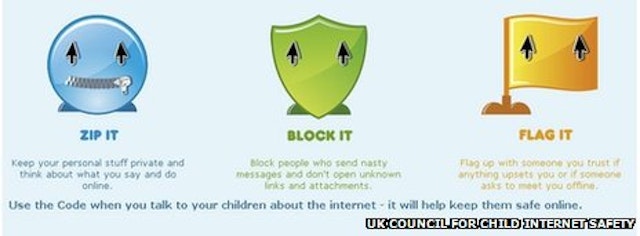Mark Leiser looks at the problems David Cameron's plans for blocking online porn will face ahead of the today's announcement on the proposal.
David Cameron has turned the fight against online porn into a poor example of technological governance by puritanical means. By asking the country’s largest ISPs to help him in spreading an awareness campaign for parents and demanding a filtering system where the starting point is “default-on”, he is effectively asking the public not to participate in an activity that millions of the British public do every day. The debate about online porn has been shot to the forefront of public debate after searches of April Jones’s murderers computer showed pictures of children being abused and several searches for torture images were found. The news prompted the Daily Mail and others to demand for solutions from ISPs to tackle violent sexual imagery that is available in cyberspace.Some of the mainstream press have been campaigning for a new system of Internet porn delivery – one where the default settings for being able to view these types of images are on. Default-on is a system whereby internet service providers block access to pornographic images as standard, unless the customer opts out of the filters. As a result of the default-on setting, offensive and harmful material would be blocked by companies like BT, Virgin, and Sky unless the customer phones up and asks, presumably rather awkwardly, to have the filters turned off. The problem is that the material might be 'offensive and harmful’ to Mr Cameron, might also be completely legal.
The technological measures Downing Street are asking for involve filters to be installed at ISPs, blocking images from being displayed on your browser. Technologists will tell you that no filtering system is perfect, and any Internet savvy system will find a way around the filters installed. They reveal what law academics T.J. Mcintyre and Colin Scott describe as a ‘deeper problem’ with filtering: they are ‘a very efficient mechanism for implementing rules, but not so good when it comes to standards’.Internet providers like BT and Virgin Media actively cooperates in the Internet Watch Foundation’s program. BT stated, “‘[t]hrough our involvement with the Internet Watch Foundation, BT receives a daily list of child abuse sites which are then blocked, preventing customers from accidentally accessing them.” In the UK, the IWF has been asking for wider remit to search for and remove web addresses where illegal and violent images are found. Using a system called Cleanfeed, it looks at individual web addresses rather than domain names. If the address is shown to be one to be worth of being blocked, then access to the webpage is blocked by the ISP. This filtering system blocks addresses and locations on the Internet, but it is a meaningless system when it comes to file-sharing systems and peer-to-peer networks – which are routinely used for sharing legal and illegal pornography. If the default-on setting remains, then on one level David Cameron is taking the UK in the same direction as the United Arab Emirates who also have a “default-on setting”. Theirs just can’t be turned off. One of the results of that policy in the UAE is a burgeoning black market for porn on DVD and pen drives. Porn finds a way. Filtering is a stupid solution to a problem only part of society thinks is a problem.
As I stated in a previous post, there is no proof that there is a connection between offensive porn and real-world criminality. Some would argue, that April Jones’s murderer would have still killed her even if there had been an "opt-in" filtering system in place. What will happen the next time a young girl gets murdered and it turns out that he had phoned his broadband ISP and asked for the porn filters to be removed? What will the government come up with then? A permanent Default On setting like the UAE?

